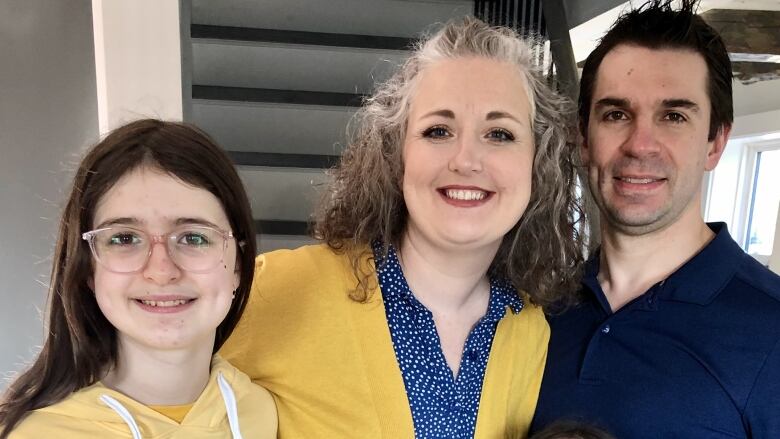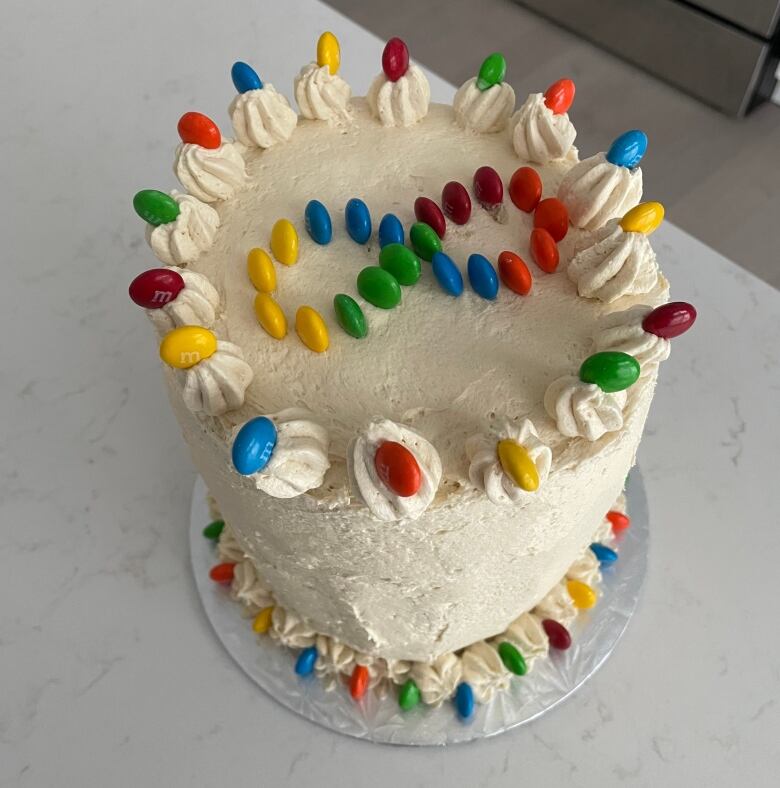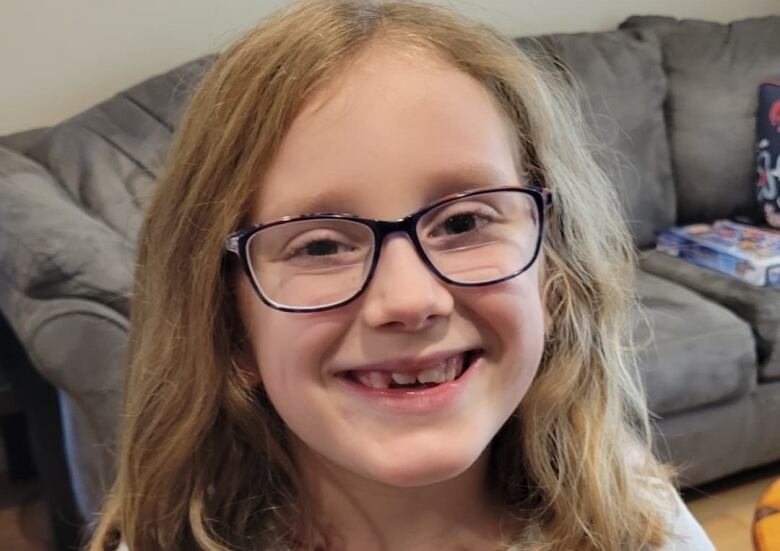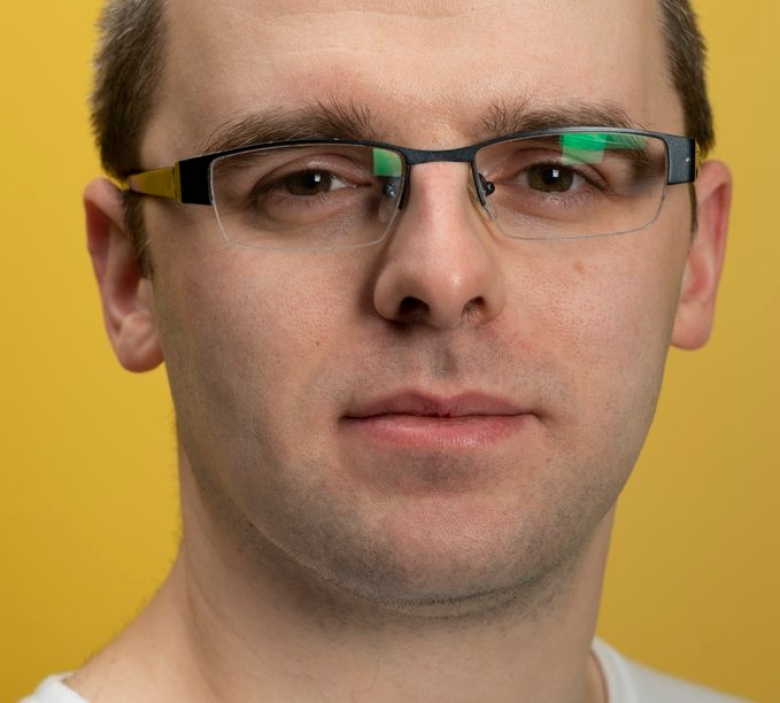More autism supports needed for older kids, adults, advocates say
Recent N.S. funding boost only offers improved services for preschoolers with autism

When the Nova Scotia governmentannounced funding recently to improve autism services for preschoolers, the news was welcome to many.
But some people with autism and parents of autistic kids are frustratedthe moneyis directed only to a narrow scope of services and ages.
"There's obviously lots of toddlers, preteens, teens, adults, all struggling with issues, whether diagnosed or not," said Matt Tucker, whose daughter, Naphtali, isautistic."And it seems like the money has been very much given to one group only."
The $12 million will go towardadding more clinicians to do diagnostic assessments for preschoolers, expanding an intensive preschooler program to 12 months from six months, androlling out the QuickStart toddler program across the province, among other services.
Naphtali, 13, was diagnosed with autism when she was 12. The Tuckers, who live in Fall River, N.S.,say her assessment was delayed in part because of the province's prioritization of diagnosing preschoolers, and they had to advocate strongly to bump her up the priority list. They worry the ongoing focus on early diagnosis could mean a delay in diagnosis for other older kids.
"The challenge is, that often ends up causing a lot of mental health issues," Matt Tucker said. "They kind of start hitting that age of pre-puberty and stuff and they start maybe feeling different than their peers and don't know why."

Naphtali saidin some ways, she wishes she had received her diagnosis earlier.
"Then I wouldn't have thought I was a terrible person and broken for so long and I would have understood myself more."
She saidmore mental health supports are needed in schoolsfor both neurodiverse kids and neurotypical kids,as well as programs to help with executive functioning and emotional regulation skills. She'd also like to see teachers receivebetter education on how to teach neurodiverse kids, and she'd likemore programs for preteens at Autism Nova Scotia.
The Tuckers say while they appreciate the services and programs their daughter has used through the IWK Health Centre, Autism Nova Scotia and the school system, there are gaps.
"I think the misconception out there is that if you're not discovered young, then your support needs are non-existent and that is 100 per centnot true," said Goldie Tucker, Naphtali's mother. "The support needs are just different."

Ashley Macleod of Eastern Passage, N.S., whose seven-year-old daughter Sophia is autistic, said she'd like Sophiato have access to monthly therapy sessions and said schools should be funded adequately to offer more support.
Macleod said staff in school learning resource centres and educational program assistants who work with children with special needs in schools can't meet all the needs of all kids.
"They need to make a system that can help every kid, whatever way they need it because these kids are brilliant children," she said."They could do anything when they get older as long as they have the supports that are needed."
The executive director of Autism Nova Scotia, Cynthia Carroll, said she frequently hears concerns about gaps in services for people with autism of all ages.
She said services for preschoolers have been stressed and underfunded for many years, and that helping the youngest kids nowwill eventually free up resources to helpolder age groups too.
Carroll said there have been improvements in services, but more are needed, including reducing wait times for diagnostic assessments for all ages and making publicly funded assessments available for adults.
"These things take time, but they're 100 per cent on our radar," she said."Our work is ongoing and it is always across the lifespan."
Objections to ABA programs
For Alex Kronstein, the fundingannouncement was troubling because he objects to the underlying principles of the province's Early Intensive Behavioural Intervention (EIBI) and QuickStart programs.

He said the programs arerooted in a therapy called Applied Behaviour Analysis (ABA), which many autistic people with feel is harmful.
"It treats autism as a problem to be fixed. Itsmain goal is to make autistic children pass as allistic, or non-autistic," said Kronstein, who is autistic. "The main goal is to suppress autistic people's natural ways of communicating, moving and interacting with the world,and that can cause very serious, long-lasting harm in the long run."
Carroll said while EIBI and QuickStart are rooted in ABA, which she called "the science of learning," the goal of the programs is not to make people with autism appear neurotypical.
"It's actually meant to empower the autistic individualand their families by providing them with the tools they need to thrive in their everyday life and supporting their autonomy."
She said while ABA has sometimes historically been "delivered improperly,"with authorities determining the goals of therapy, Nova Scotia's programs are child-led, with the autistic persondeciding ongoals and any type of intervention.
"I think it's an important debate,because like any professional practice,any kind of ABA tool or strategy or anything like that can always have the potential, if misused, to inflict harm," Carroll said.
"So it'sreally importantto constantly ensure that there's ongoing evaluation of programs, that they're socially validated, that they're person-centred, that the individual is leading the goal-setting."
Kronsteinadded that manyautistic adultsfeel services for adults in the province are lacking.
"When you're autistic, you're autistic for life.So, yeah, we definitely do need more services and supports for autistic adults."












_(720p).jpg)


 OFFICIAL HD MUSIC VIDEO.jpg)
.jpg)



























































































